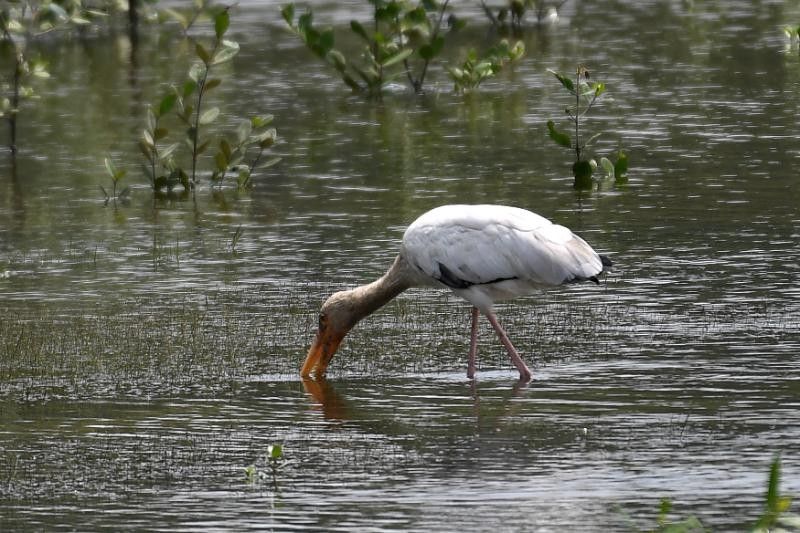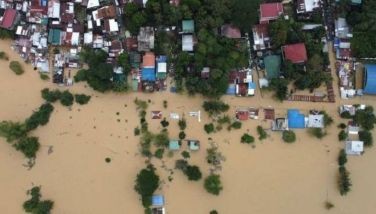Global wetland loss lower than previous estimates — study

PARIS, France — The world has lost about 20% of its natural wetlands since 1700, a new study found Wednesday, showing that previous loss estimates may have been largely overblown.
Despite the seemingly good news that more of the precious ecosystems may be intact than previously believed, the authors said it was imperative to halt and reverse further destruction.
"Discovering that fewer wetlands have been lost than we previously thought gives us a second chance to take action against further declines," said co-author Peter McIntyre of Cornell University.
Wetlands—among the world's most threatened ecosystems —include marshes, bogs, ponds and peatlands, are biodiversity hotspots and key sources of water purification, groundwater recharge and carbon storage.
But they were long given a bad rap, seen as unproductive and teeming with disease-bearing insects.
They are often drained to provide water for upland crops, converted to flooded rice fields, or cleared for urban areas, forestry or pastures. Peatlands are also stripped for fuel or fertiliser.
New research shows that 21 percent of the world's inland wetlands were destroyed between 1700 and 2020, about 3.4 million square kilometres (1.3 million square miles)—equivalent to about two percent of the earth's land surface area.
'Save what we have'
The greatest loss has historically been seen in Europe, the United States and China, said the study published Wednesday in Nature. Most of it occurred in the mid-20th century.
The United States alone is estimated to have lost 40% of its wetlands since 1700, and accounts for more than 15% of all global losses.
The destruction of wetlands has slowed globally, but continues apace in some places such as Indonesia, where they are cleared for palm oil plantations and other agricultural uses, the study found.
The 21-percent estimate is far lower than widely circulated data that says up to 87% of wetlands have been destroyed globally since 1700.
The UN Ramsar Convention on Wetlands says 35% of the world's wetlands have disappeared in the last 50 years alone.
The study suggested that previous estimates may have relied on data from regions with historically high wetland losses.
The new research looked at an extensive cache of data from 154 countries, combining 3,320 international and regional records to create a "first-of-its-kind historical reconstruction", a press release for the study said.
The findings should not "lessen the urgency to protect and restore wetland ecosystems", the study said, adding that better data could help boost protection.
"We need the best data possible to save what we have and know what we've lost," said co-author Rob Jackson of Stanford Doerr School of Sustainability.
- Latest





























